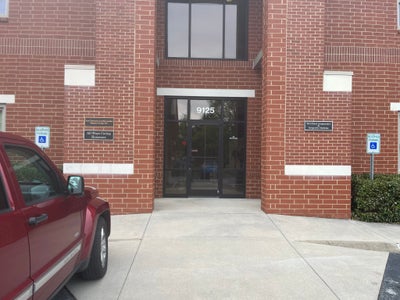Doctors Office
East Tennessee Cardiovascular Surgery Group – Downtown Knoxville
Hours
- Doctors Office
Patient Tools
Get started with some of our online patient tools.
About East Tennessee Cardiovascular Surgery Group
At East Tennessee Cardiovascular Surgery Group, we specialize in the surgical treatment of conditions that affect the heart, esophagus, blood vessels, and lungs. With more than a century of combined medical experience, our expert healthcare team is ready to provide you with excellent care. We’re proud to be a member of Covenant Medical Group, the physician practice group of Covenant Health.
I truly care about every patient for whom I have the honor of caring, and I always advise them as if they’re my own family. – Dr. David Graham
Schedule an Appointment
Our team is ready to provide you with the right heart care when you need us. We’re accepting new patients. Please note, a referral is required from your doctor.
Cardiac Surgery
Aortic Surgery
Arrhythmia Surgery
Coronary Artery Bypass Grafting (CABG)
Mitral Valve Repair
Off-Pump Coronary Artery Bypass Grafting (OPCAB)
Ross Procedure
Transmyocardial Laser Revascularization (TMR / TMLR)
Minimally Invasive Cardiothoracic Surgery
Endoscopic Vein Harvesting (EVH)
Endovascular Surgery
Minimally Invasive Direct Coronary Artery Bypass (MIDCAB)
Minimally Invasive Valve Repair and Replacement
Off-Pump Coronary Artery Bypass (OPCAB)
Transmyocardial Laser Revascularization (TMR / TMLR)
Thoracic Surgery
Bronchoscopy
Lung Cancer and Surgery
Mediastinoscopy
Robotic Thoracic Surgery
Conditions Treated
Esophageal Cyst Removal
Esophagectomy
Diaphragm Plication
Lung Resections
Mediastinal Mass Removal




